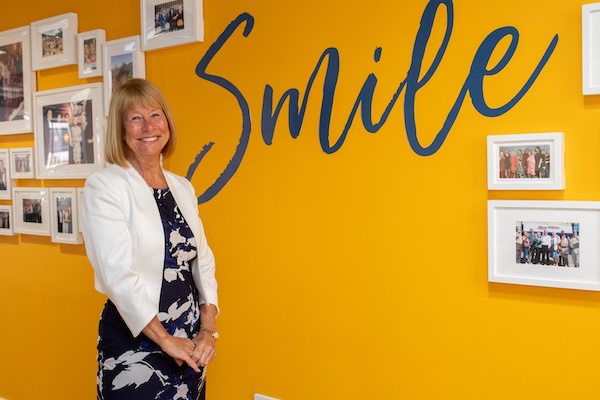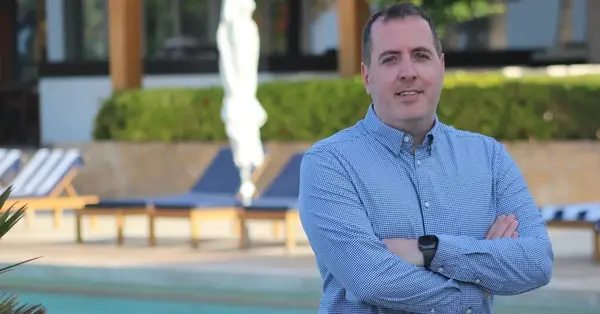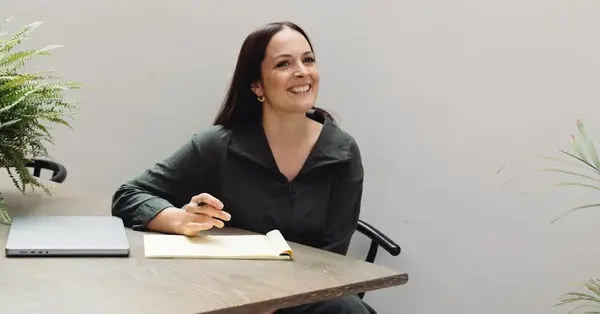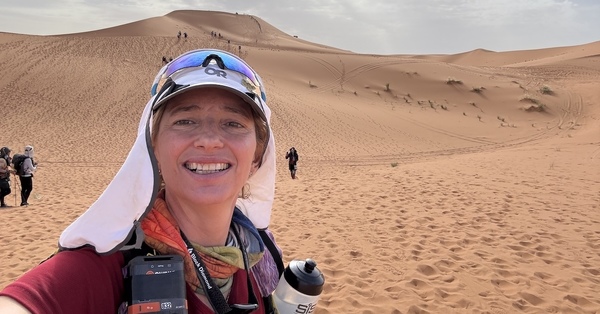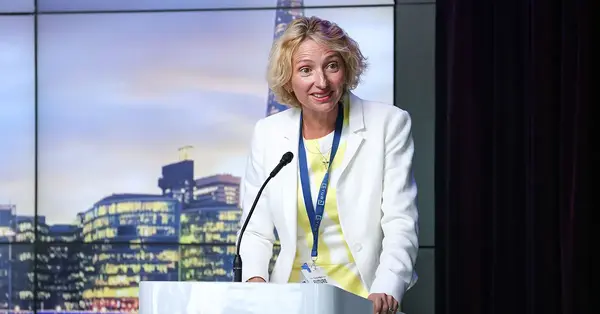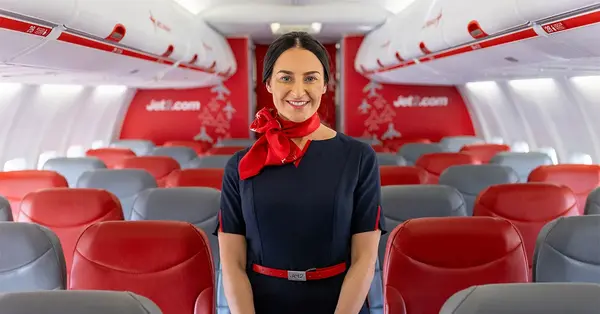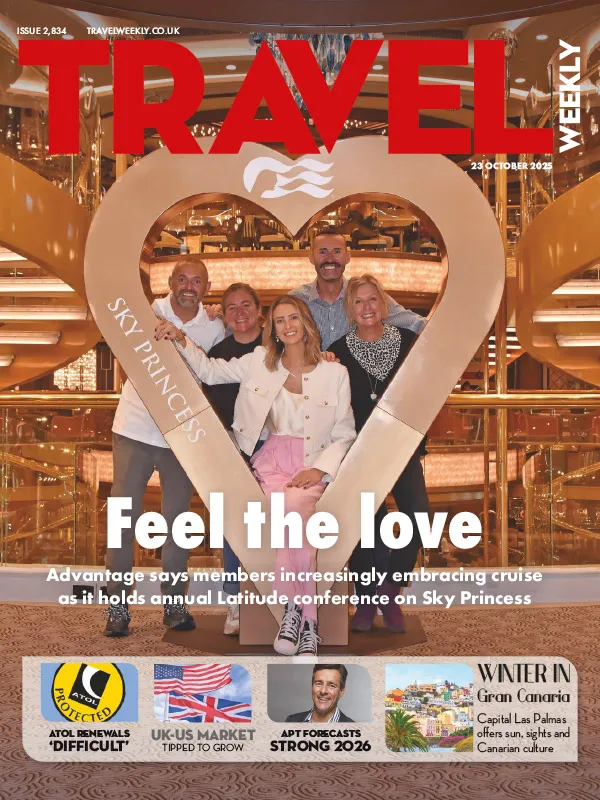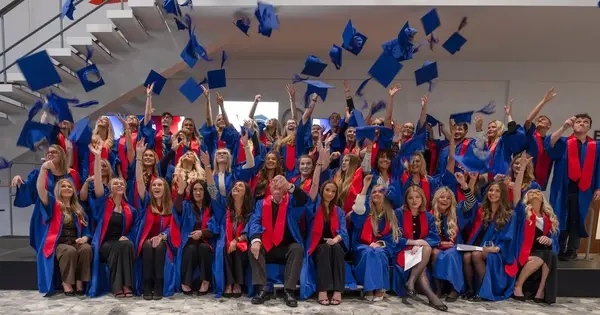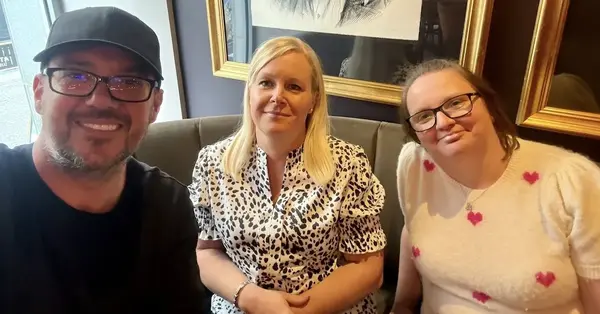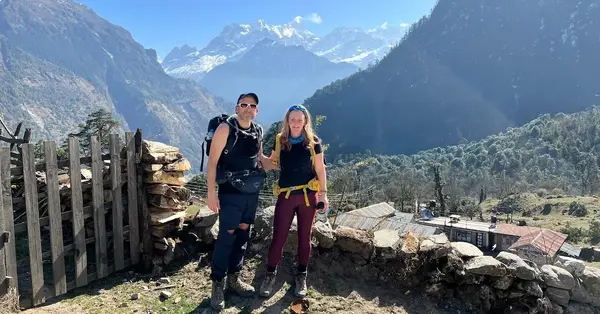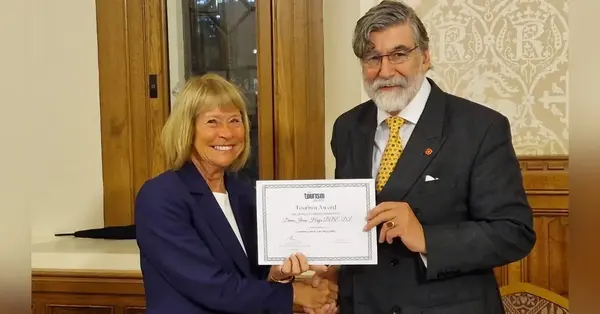You are viewing 1 of your 2 free articles
Dame Irene Hays: AI is ‘force for good’ with staff and customers
The chair of Hays Travel has hailed the value of artificial intelligence in the agency business – helping to safeguard young staff and inspiring customers with holiday ideas.
Dame Irene Hays said AI can help identify young employees who may be at risk by picking up on key words in emails and flagging the potential problem to trained managers.
The technology can also be used to put holiday ideas in front of people at the right time when they are considering what to book.
She outlined her thoughts about AI to broadcasters Steph McGovern and Robert Peston on their podcast called The Rest Is Money.
Safeguarding staff under the age of 18 is important “because they’re still very young and impressionable” – and it is a necessary requirement to satisfy Ofsted, because Hays Travel trains its apprentices.
“We have a programme which can identify key words which would identify that a young person is at risk,” Dame Irene said, pointing to issues such as self-harm, eating disorders or radicalisation.
“We have specific people with responsibility for safeguarding of young people who would be flagged.
“Artificial intelligence is a force for good in that environment and it protects people.
“There’s a lot of fear about artificial intelligence, but there are a lot of good things it does for us in travel, both in terms of our employees, but also for our customers.”
She said one of the most exciting developments is the “marriage of artificial intelligence and emotional quotient”.
“I’m really excited about what [AI] can do to the customer journey; from inception, from putting great ideas in front of people before they even know they want to go to that place – exactly at the point of time when you know they are considering it,” she told the podcast.
Customers can then talk to a human or interact via social media, she added.
“It doesn’t matter whether the touch point is a human being or tech. It’s about the quality of the touch point.”
She said Hays is working with a tech company called Emplifi which provides data about booking preferences so it can signpost ideas when clients are considering holidays.
“When you like looking at your holidays…it might well be with a cup of cocoa at half past nine or 10 o’clock or it might well be on a Sunday morning, so they’ll know when you are open to suggestion,” she explained.
Dame Irene also told the podcast about the importance of apprentices to the agency, saying: “These are the people who we have built the business on. These people are extraordinary.”
She said the agency recently held a long-service ceremony for staff who had been with Hays Travel for 20 years or more.
“Three of them had worked for us for 30 years and started their career as an apprentice,” she said.
“We find that apprentices keep the business current and keep it fresh; they bring it a vitality, [and] a huge amount in terms of social, digital and emerging technologies.”
She recalled how her late husband John Hays set up the first shop in Seaham in County Durham in 1980 – at the back of his mother’s childrenswear shop.
“He was either going to set up as an undertaker or a travel agent. I am so, so pleased he chose the latter,” she commented.
“His dad was joiner in the colliery, and his dad was either going to make a counter and brochure racks or coffins.”
She outlined how the agency grew from its base in the northeast over the years, and took on the Thomas Cook shops after the rival chain collapsed in September 2019.
Then the Covid pandemic struck in early 2020 and the business had to deal with refunds, rebookings and more than 4,000 changes to travel rules.
Peston and McGovern also asked about how she coped when John died in November 2020.
She said she had not been overwhelmed, adding: “The responsibility is also a huge, huge advantage.
“You just can’t be overwhelmed because the job’s too big and the job’s too important.
“I’m not sure that I would have felt any better, personally, had I turned around and walked away from the job in hand. I think I would have felt ashamed and John would never have wanted that.
“I just basically worked, which is great therapy. And it is now; I absolutely love it.”
She recalled her working class childhood, “growing up in the back streets of Ashington in Northumberland, two streets along from Jackie and Bobby Charlton”.
“You toughened up pretty quickly,” she told the podcast, highlighting her mother’s work ethic and father’s commitment to the community.
She also mentioned her large collection of buttons, including one made by Josiah Wedgwood.
“I have lots of 18th century buttons which are hand-painted and I could speak for more than 45 minutes on buttons. The buttons are a microcosm of art,” she said.
The Rest Is Money episode with Dame Irene is available here.

